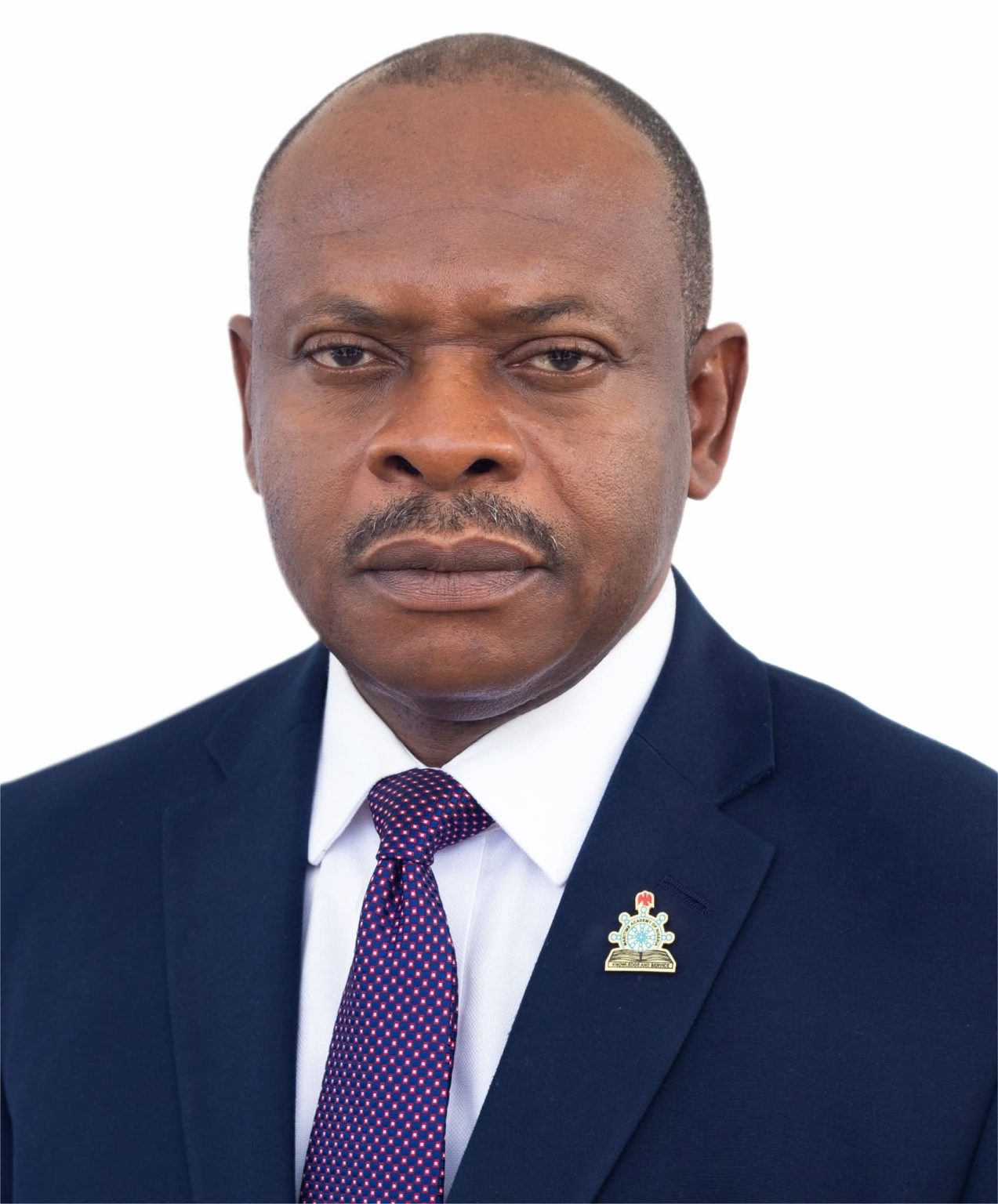
Dr Kevin Okonna, Acting Rector of the Maritime Academy of Nigeria, Oron spoke to reporters shortly after the Federal Ministry of Marine and Blue Economy Third Quarter Stakeholders Engagement, which he hosted in Akwa Ibom
He talked about the academy’s recently approved five year master plan and how it would impact on the fortune and future of Nigeria’s premier maritime training institution.
Okonna also gave reporters an insight about ongoing talks with NIMASA and other private sector stakeholders to achieve onboarding of Nigerian seafarers and greater recognition of the country’s Certificate of Competency(CoC) .
Ismail Aniemu was there.
Q:What is the place of Maritime Academy of Nigeria in the recently approved national policy on marine and blue economy?
The place of Maritime Academy of Nigeria in maritime human capacity development is not in doubt at all and that is why the Academy was part of the technical committee to develop the national policy on marine and blue economy and we contributed immensely to the development of that policy.
We were also listed as a major agency of the Ministry of Marine and Blue Economy for the implementation of the national policy on marine and blue economy. We are positioned to play a key role. First of all, we contributed to the development of the policy itself.Secondly, if you look at the agencies and parastatals listed under the Ministry of Marine and Blue Economy, the Academy is one and when it comes to human capacity development, the Academy is mentioned as the frontline institution for the implementation of that policy.
Q: What effort is the institution making to be a part of the category C of the IMO Council and what contributions has Maritime Academy of Nigeria made?*
The country has obtained information about the institution and is part of the package of what we are presenting in support of our bid for membership of category C of the council of the IMO .
Information and statistics on the work of the Academy, the standards in the Academy, the curriculum, the facilities and the number of personnel in the maritime industry that we are training and graduating yearly have been collated and have been submitted as part of our bid for this membership of category C of the IMO council.
Q:How much support is the institution obtaining from critical stakeholders?
I would say the support we have gotten from stakeholders is massive because it should be noted that the Academy is mostly funded from five percent statutory funds from the Nigeria Maritime Administration and Safety Agency (NIMASA). The Academy is also partly funded by Maritime Organization of West and Central Africa (MOWCA) special maritime funds.
These are critical stakeholders that are contributing immensely to the development you are seeing in the Academy and the response of the industry stakeholders to our call for participation in the stakeholders engagement that we just completed is also indicative of the support we are receiving from critical stakeholders. I would say that we are being supported massively by critical stakeholders and the media is the critical stakeholder in the maritime industry.
Q: What is the relationship of the Academy with other maritime training institutions across the country?
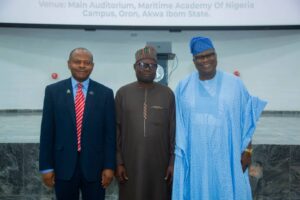
We have a fairly cordial relationship because there’s nothing to contend with.We are the only Maritime Academy of Nigeria and that is a special position. We have enhanced training. Many students are sent here to be trained and we gladly receive them because we are supposed to collaborate with each other in the best interest of the maritime sector.
We also train people on short courses. Those who need to be trained to get special certifications come here to do short courses and they are happy about the quality of training they get from us.
Q:How can seafarers get a place on board domestic and international vessels. How much collaboration are you making with NIMASA to ensure that we move away from the Emergency Operations Center (EOC) issue because about 60% of this sits with NIMASA?
We are intensively engaging NIMASA. We’re in a very good working relationship.There are problems that predate the current administration in NIMASA and Maritime Academy of Nigeria and we are looking closely at how to solve these problems. One of the sticking ones that stick out most prominently is about recognition of seafarer certificates and all hands are on deck.
Every professional in the industry is highly concerned about the fact that we have challenges with the way people receive our certificates and it drops off more on Maritime Academy of Nigeria because as you would be aware, seafarer certificates have to be accredited and approved by the Maritime Administration in every flag state. The majority of the people we train in the academy, no matter how excellently qualified they are, the majority of them are going to undertake their certificate of competency examinations in Nigeria and will be issued Nigerian certificates.
If we have challenges with the way people see and receive those certificates, the academy suffers most. We have also suffered very much from the bad press generated by some people regarding this recognition of certificates because every time they want to talk about it, they start with MAN ,Oron cadets. We are the ones that are bearing this brunt, and we are committed to engaging with NIMASA and every other stakeholder with the best strength in us to see how to resolve this problem.
Q: Looking forward, what are the perceived challenges and opportunities for the future of MAN and what strategic steps are you taking to be able to tap into these opportunities and address the challenges in the years ahead?
We mentioned that we just finished a five-year strategic development plan, which envisioned gradual improvement of the academy. We have a vision to become one of the best institutions globally because we believe that we can do it. We have good human resources and we have all the facilities around us.
Gradually , we have mapped out, we have looked at our strengths, our weaknesses, the opportunities that are there, the threats that can threaten the existence of the institution. In over five years, we have mapped out SMART goals which states things that must be achieved by March next year, things that should be achieved at the end of every month in the next year. We have listed all these things out and it is what we have packaged and presented to the Minister of Marine and Blue Economy for his endorsement because the council has already approved that five-year strategic development plan, and we’re just waiting for the endorsement.
In the meantime, we’re looking at the low-hanging fruits, and that has already been implemented. So sustainability is the question, and we have worked hard to ensure that there’s a plan to do that effectively.
Q: What measures has your administration put in place to address the long-term challenge of cadet placement for mandatory seatime experience?
This is not a problem of the academy because of the situation in Nigeria itself.We don’t have a national shipping line right now, and we don’t have many flag bearers. A number of them are trying to obtain students for training.In spite of all that, we have reached out a lot to ship owners and so many organizations who are really willing to help, and they’ve offered to help.In our budget for 2025, we provided for facilitating trainings for the students and even if we involve them in paying for them. So we’re taking due care about that as well.






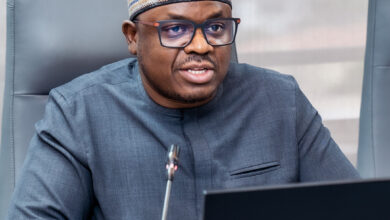
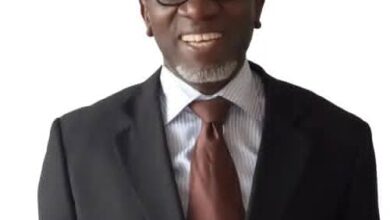
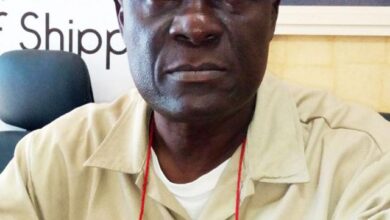
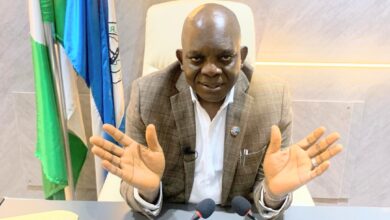
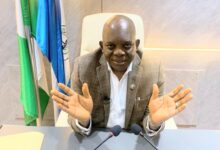
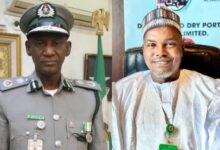
One Comment